Why Moving Your Old Oil Tank’s Location Can Be a Bad Idea
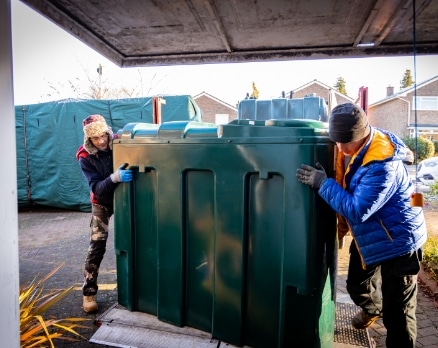
Thinking about relocating your old oil tank? Discover the potential pitfalls and drawbacks of moving your oil tank’s location. Read expert insights to make an informed decision and ensure the safety and efficiency of your heating system. Contact us for professional guidance today!

Can I change the location of my Heating Oil Tank?
Relocating an old oil tank may seem like a practical solution for homeowners seeking to improve their property’s aesthetics or address space limitations. However, it’s essential to carefully consider the potential downsides before moving forward. In this article, we’ll delve into the reasons why moving your old oil tank’s location can be a bad idea. Read on to gain expert insights and make an informed decision for the safety and efficiency of your heating system.
Our experts are on hand to advice you on your oil tank.
You shouldn’t rely solely on your annual service to ensure your oil tank is ok. You should be conducting regular checks on your oil tank to check for the following:
- Age and Condition
- Safety Risks
- Environmental Impact
- Compliance with Regulations
- Efficiency and Cost Considerations

Age and Condition of the Tank
Older oil tanks may have reached the end of their intended lifespan or may be prone to corrosion and leaks. Moving such tanks can exacerbate their structural integrity issues, potentially leading to fuel leaks and environmental hazards. It is crucial to assess the age and condition of your tank before considering relocation.
Safety Risks
Moving an old oil tank without professional assistance can pose serious safety risks. Tanks that have not been properly maintained or inspected may develop weaknesses or faults over time. Relocation can further stress these weak points, potentially resulting in leaks or even catastrophic failures. Ensuring the safety of your home and the surrounding environment should be a top priority.
Environmental Impact
Old oil tanks may contain residual fuel or sediment buildup that, if disturbed during relocation, can contaminate the soil and groundwater. Environmental damage caused by a leaking or improperly handled tank can lead to costly cleanup efforts and legal liabilities. Professional expertise is vital to mitigate these risks and minimize the potential impact on the environment.
Compliance with Regulations
Relocating an old oil tank requires compliance with regulations and safety standards. Older tanks might not meet current code requirements, making it challenging to obtain the necessary permits and approvals for relocation. Working with professionals who are well-versed in local regulations ensures that you adhere to all legal requirements, minimizing potential fines and penalties.
Efficiency and Cost Considerations
Older oil tanks may not be as efficient as newer models. Moving the tank without considering factors such as fuel lines, ventilation, and accessibility can compromise the overall efficiency of your heating system. Additionally, the costs associated with relocation, including disconnection, transportation, reinstallation, and potential modifications, might outweigh the benefits, particularly if the tank is nearing the end of its useful life.
Take a look at the benefits of tank servicing for more information.
We’re here to help
If you do spot any signs of concern when inspecting your oil tank, such as cracks, rusting, oil leaks, then they need to be resolved as soon as possible, before they become expensive, emergency fixes. If you have any queries, get in touch with our friendly team today.
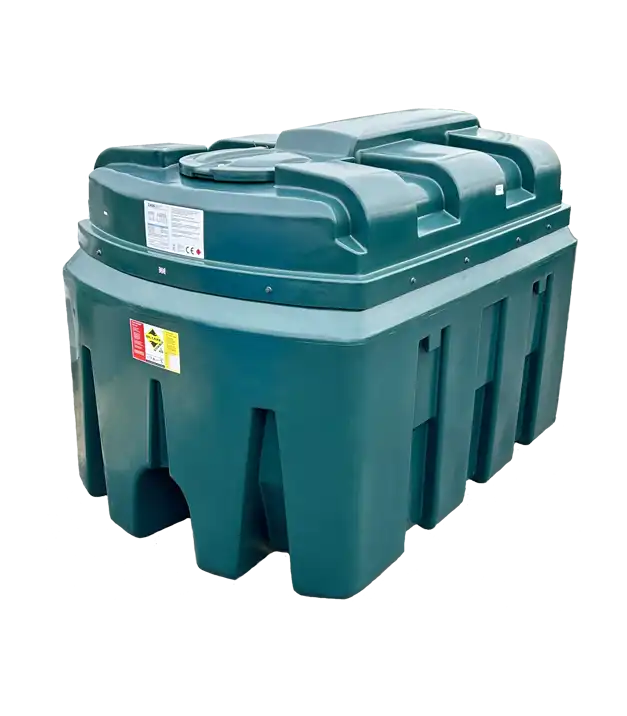
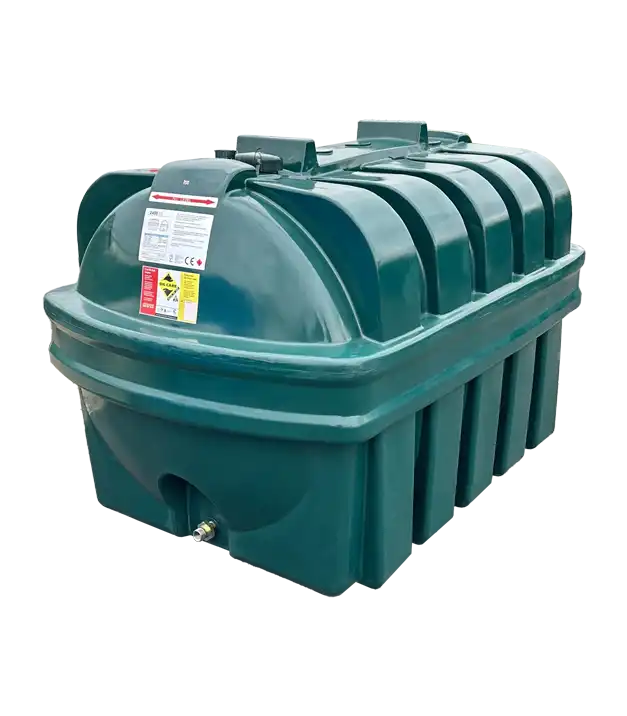

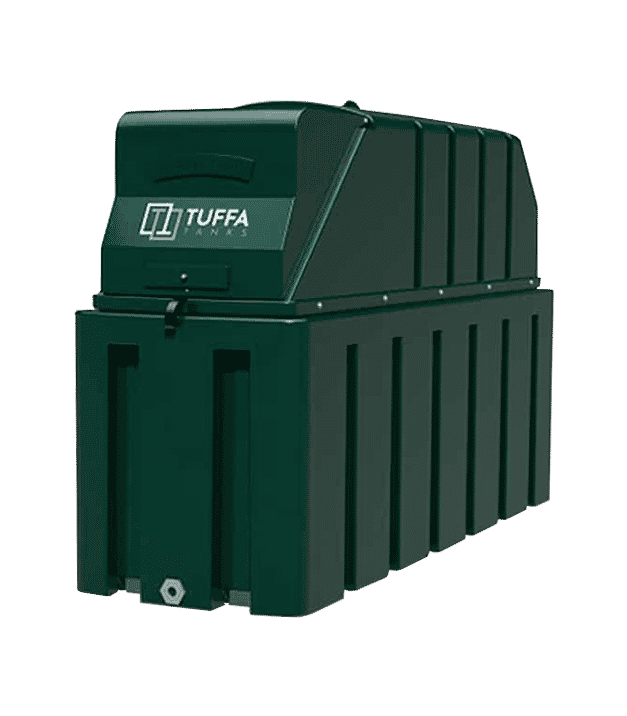
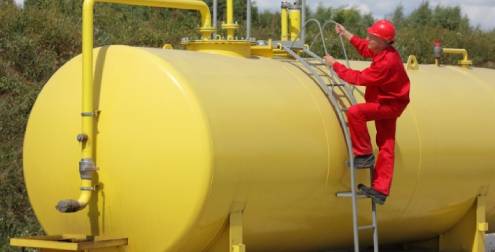
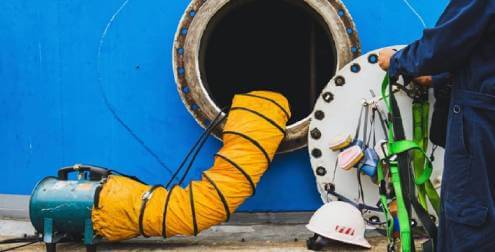
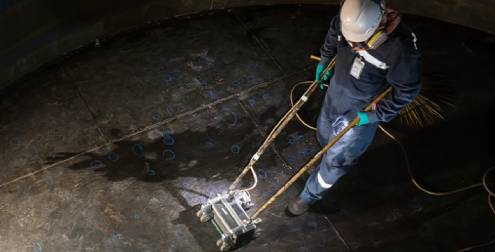

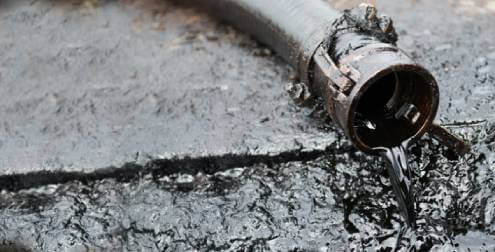
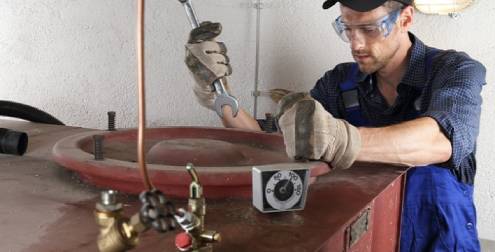

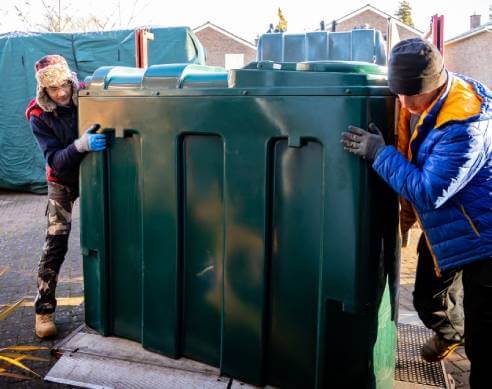
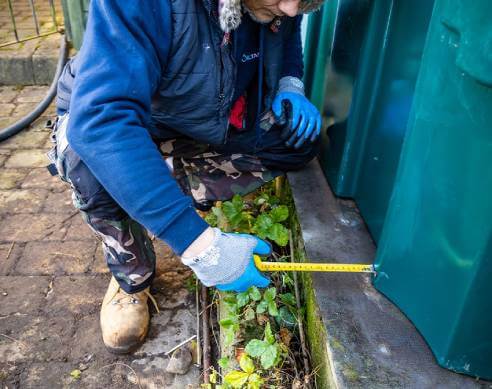


Share This: